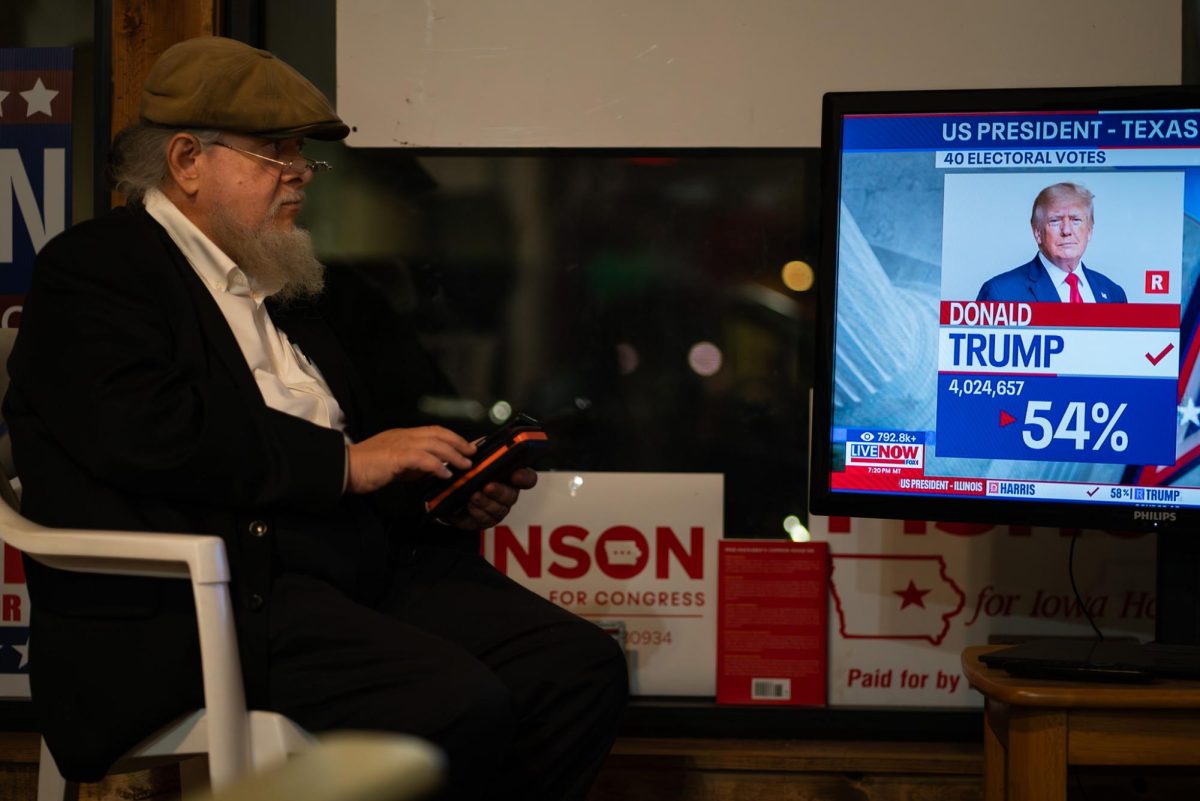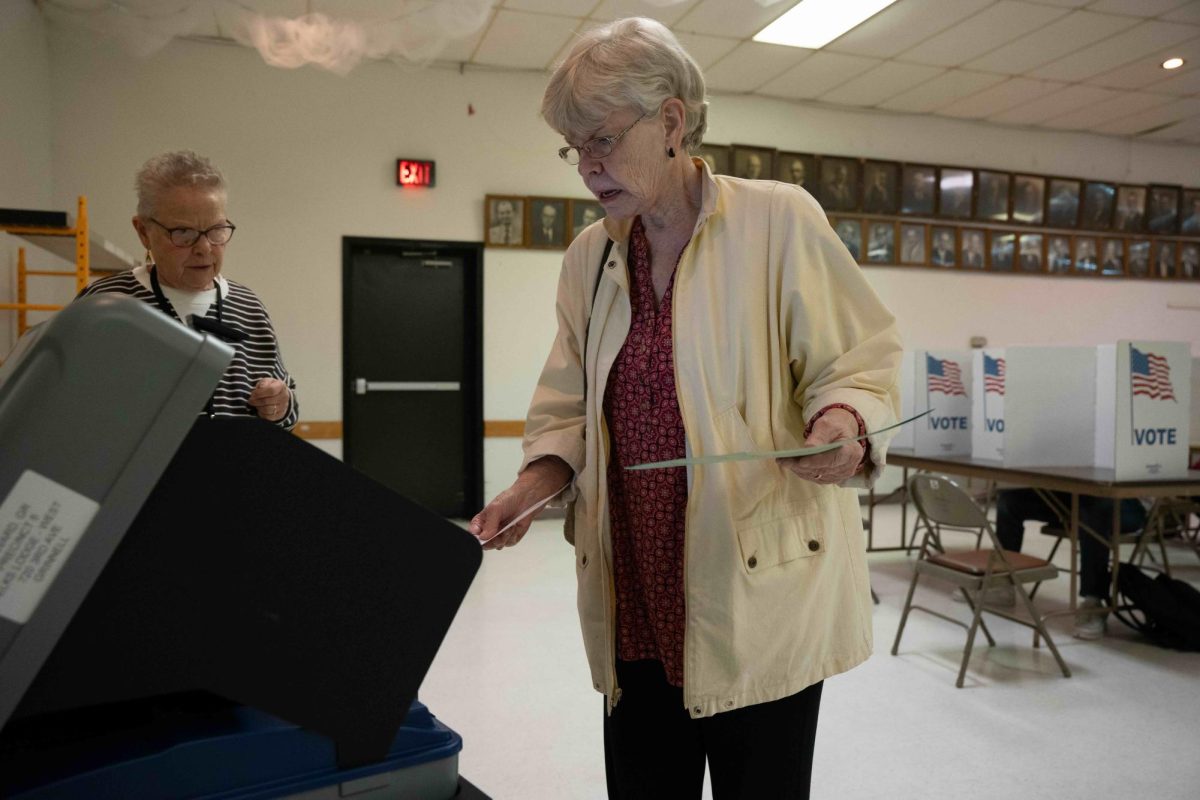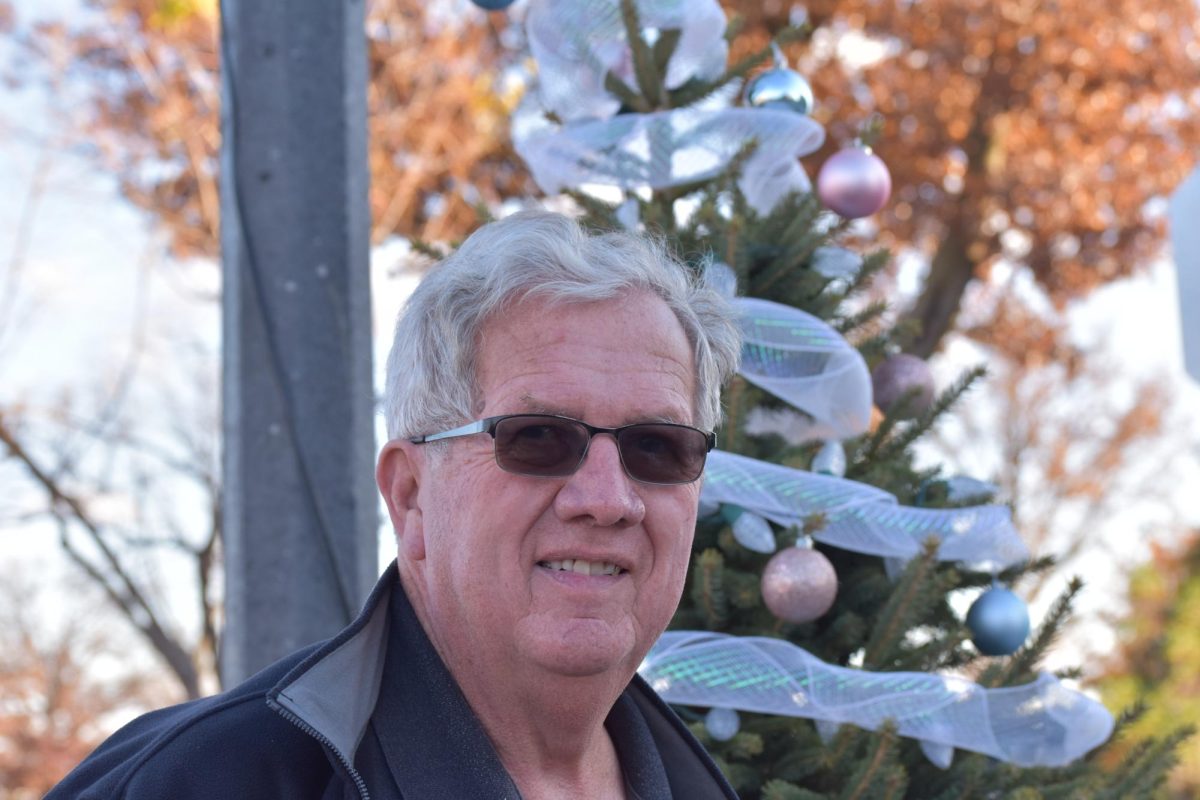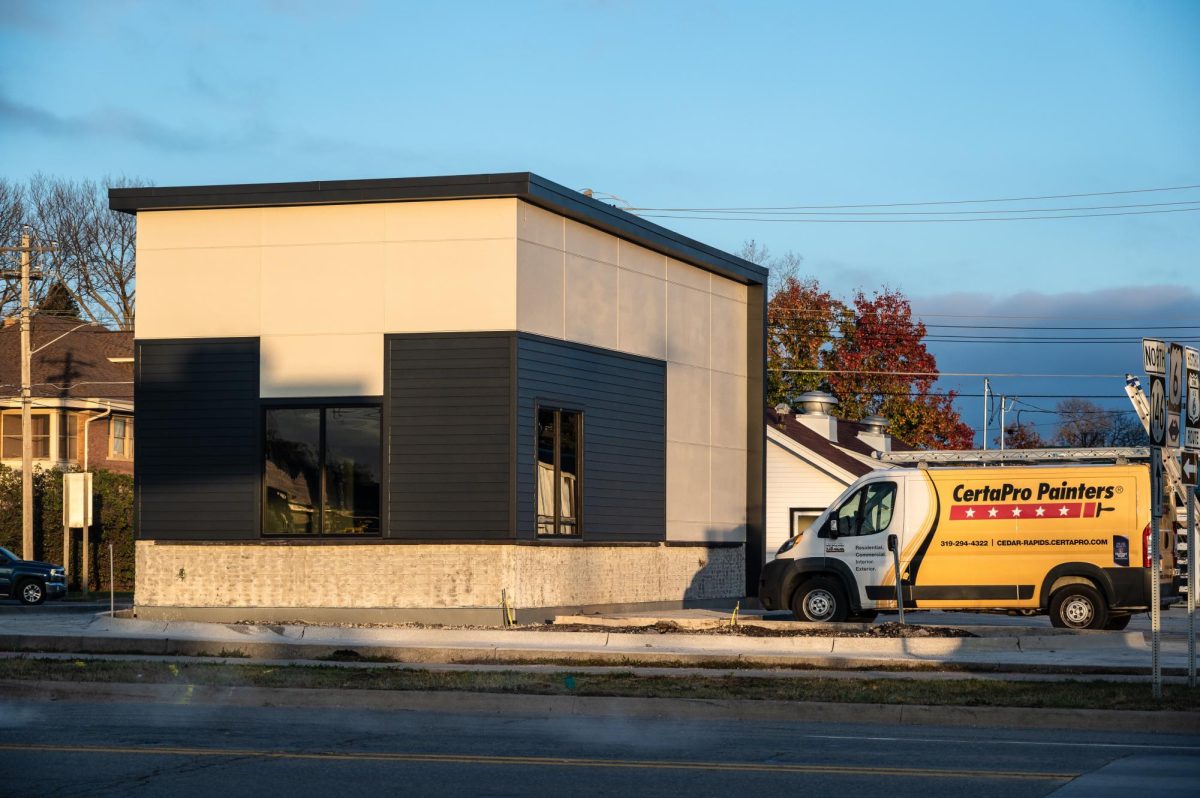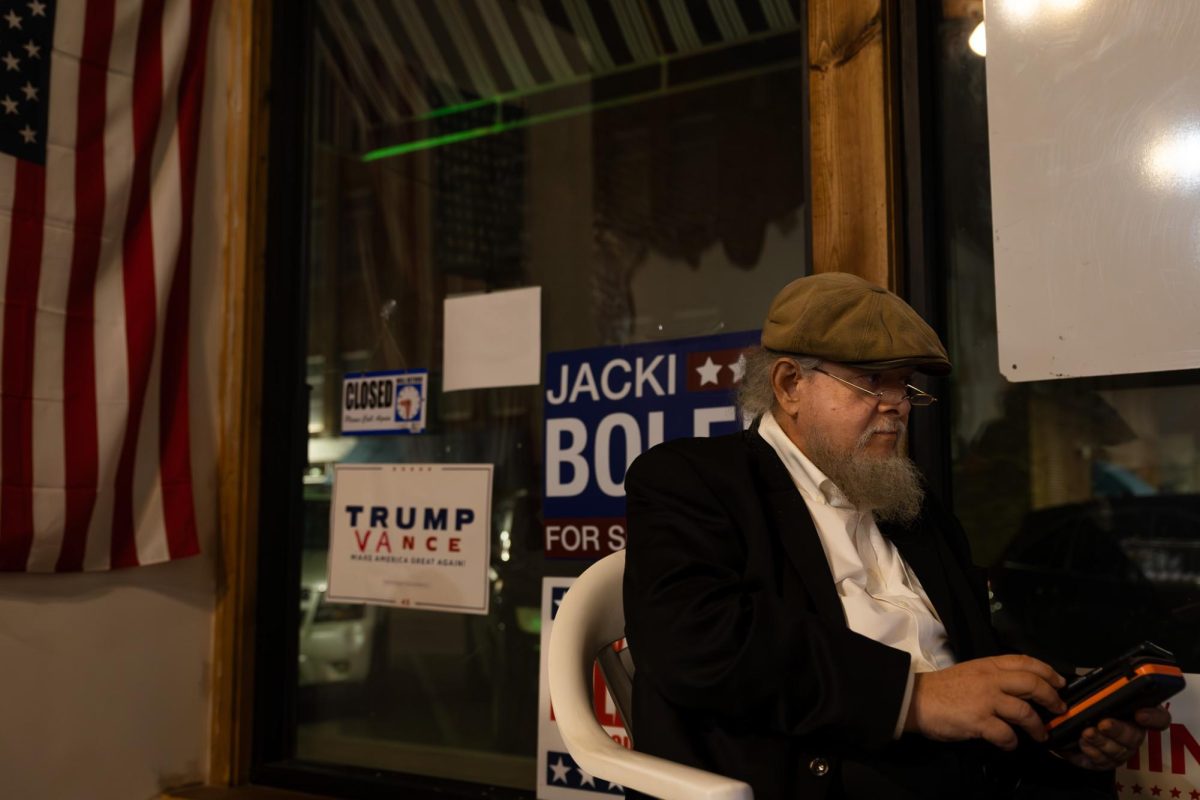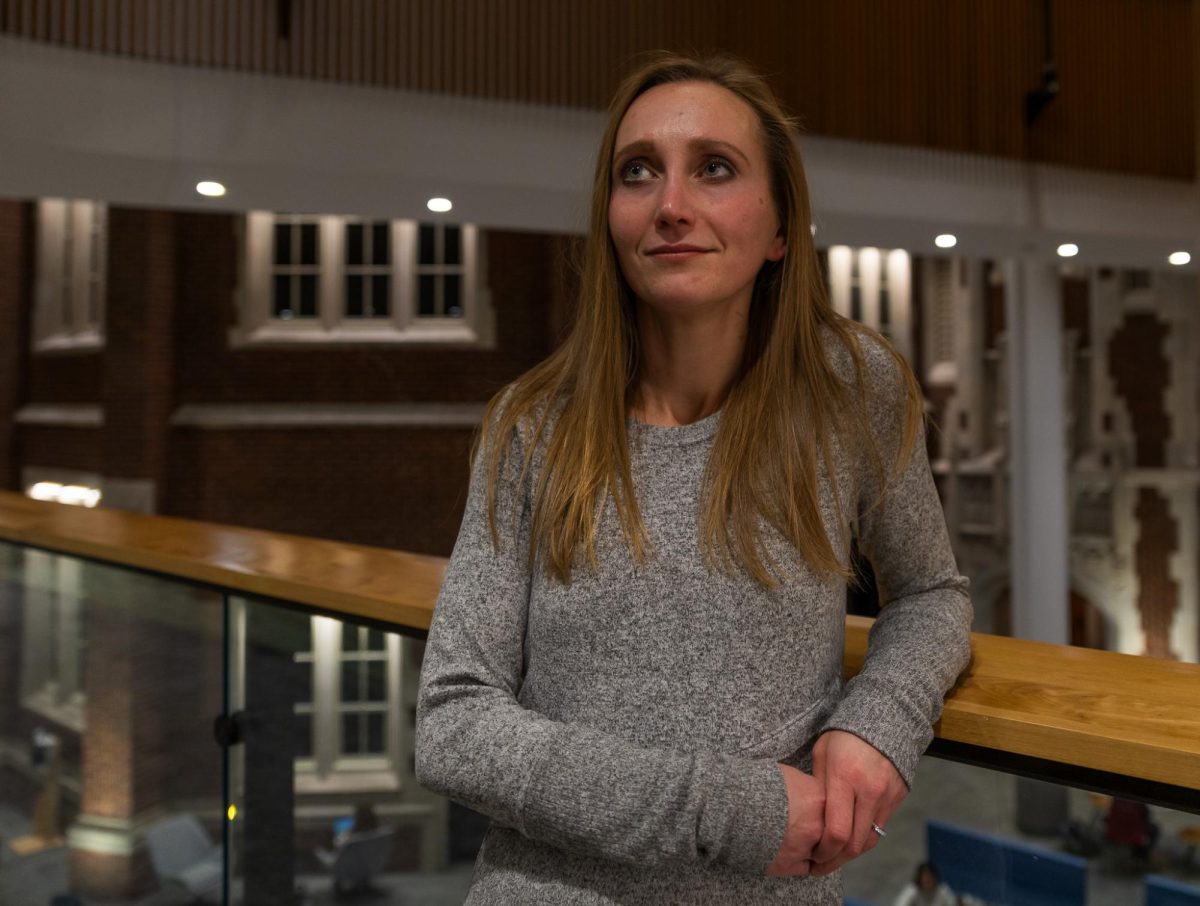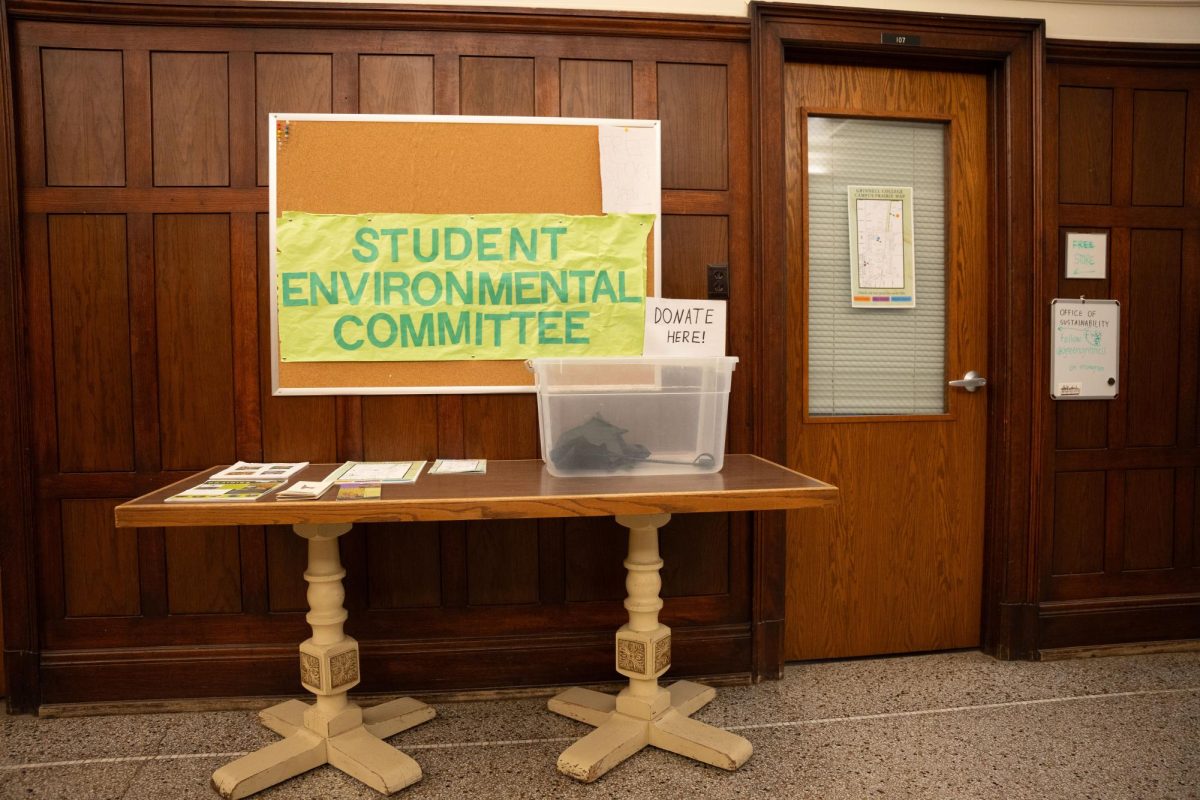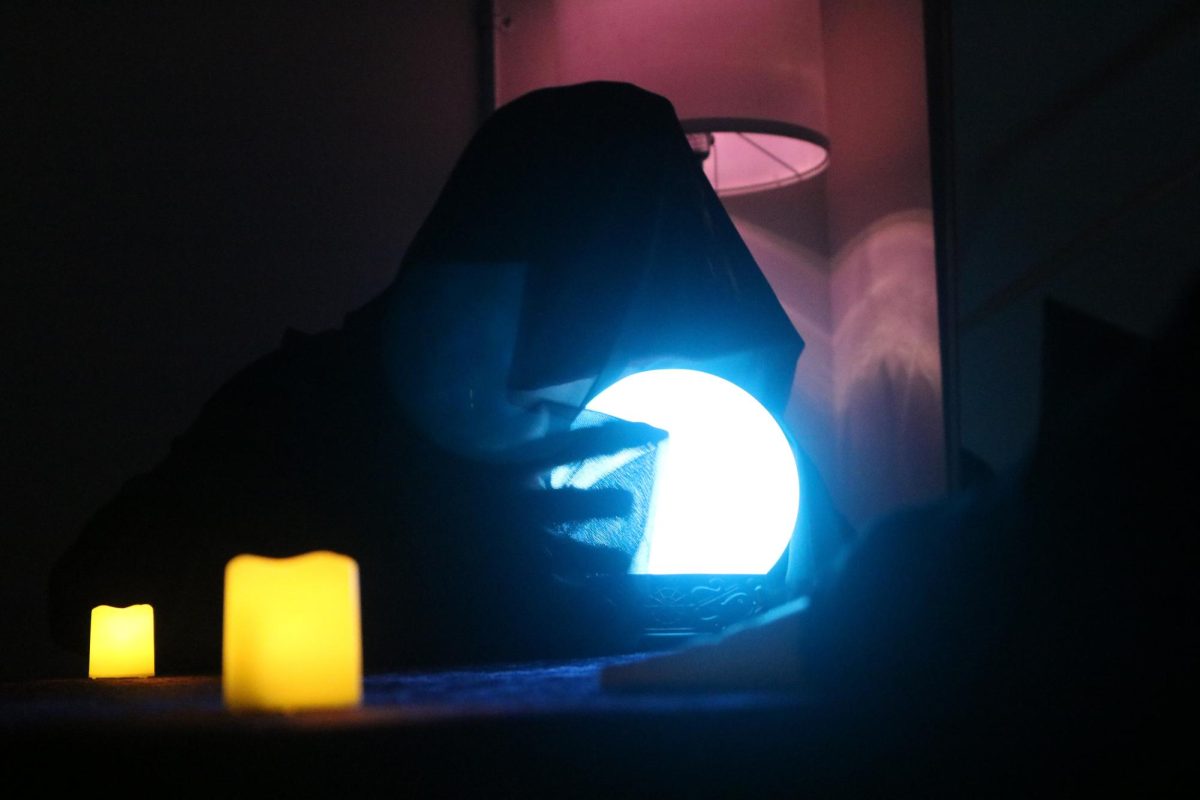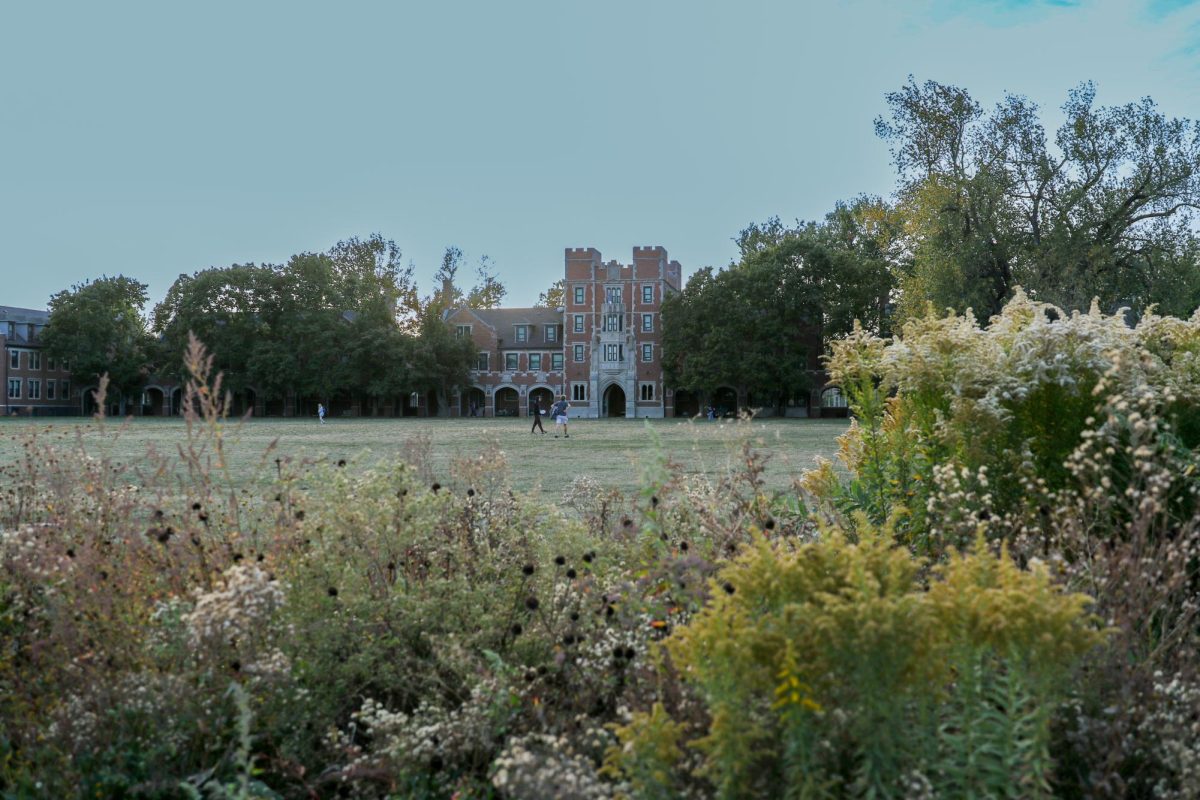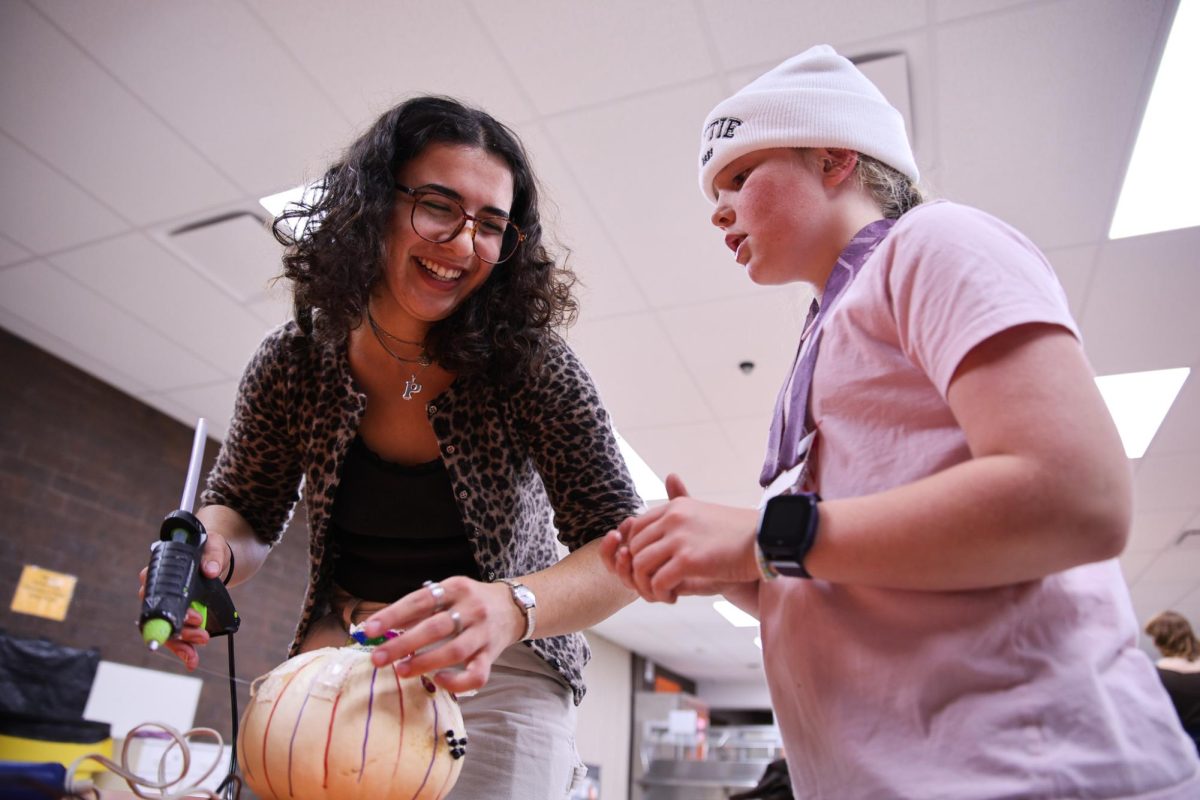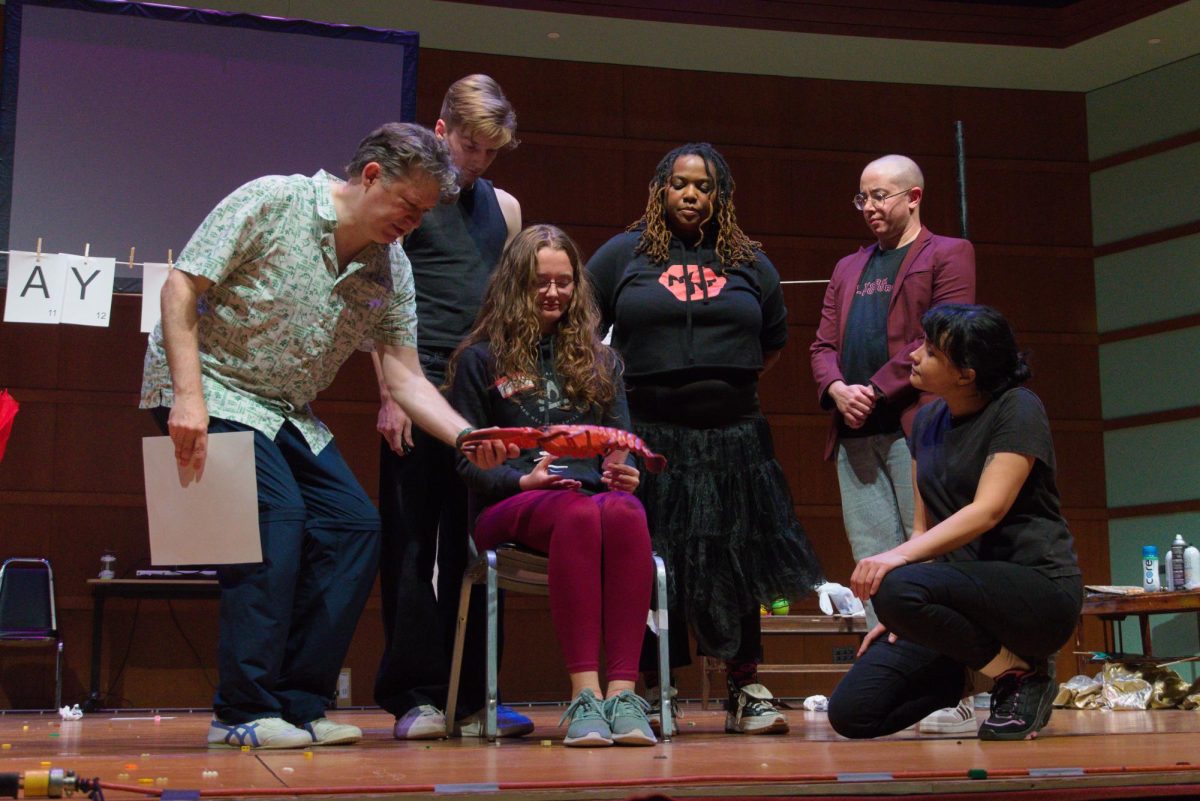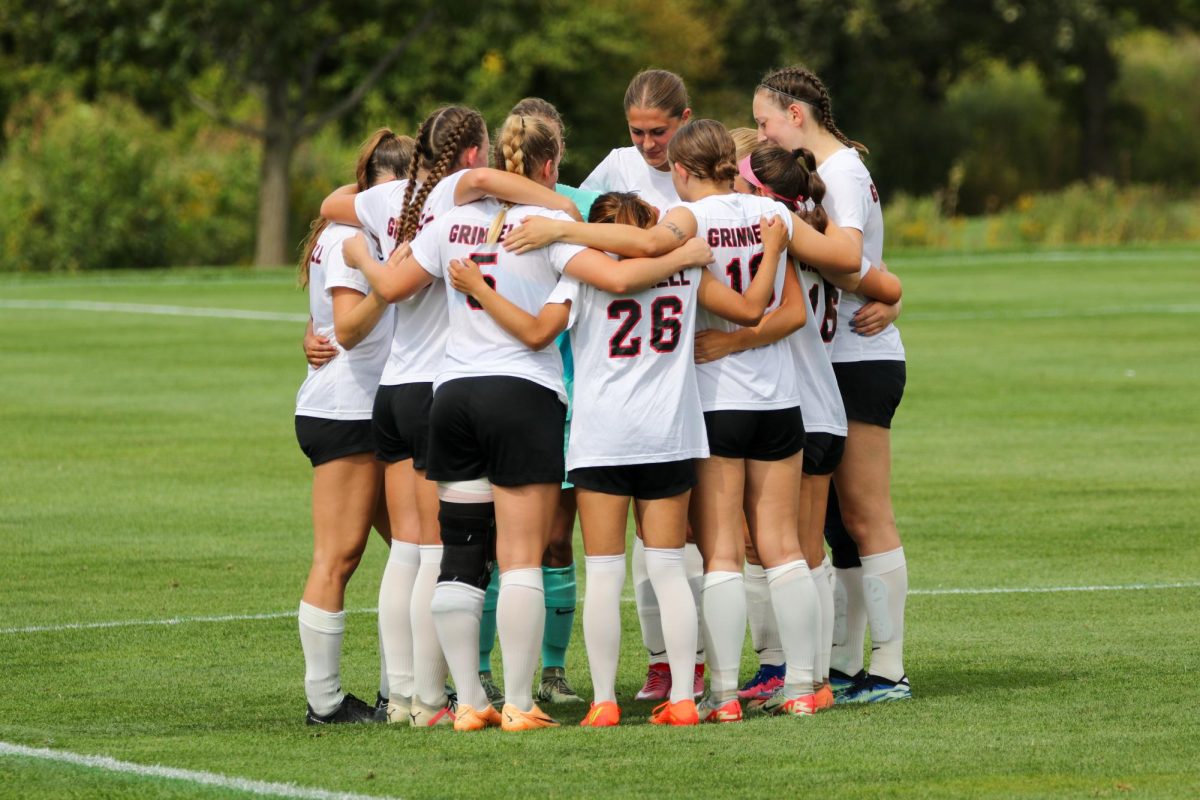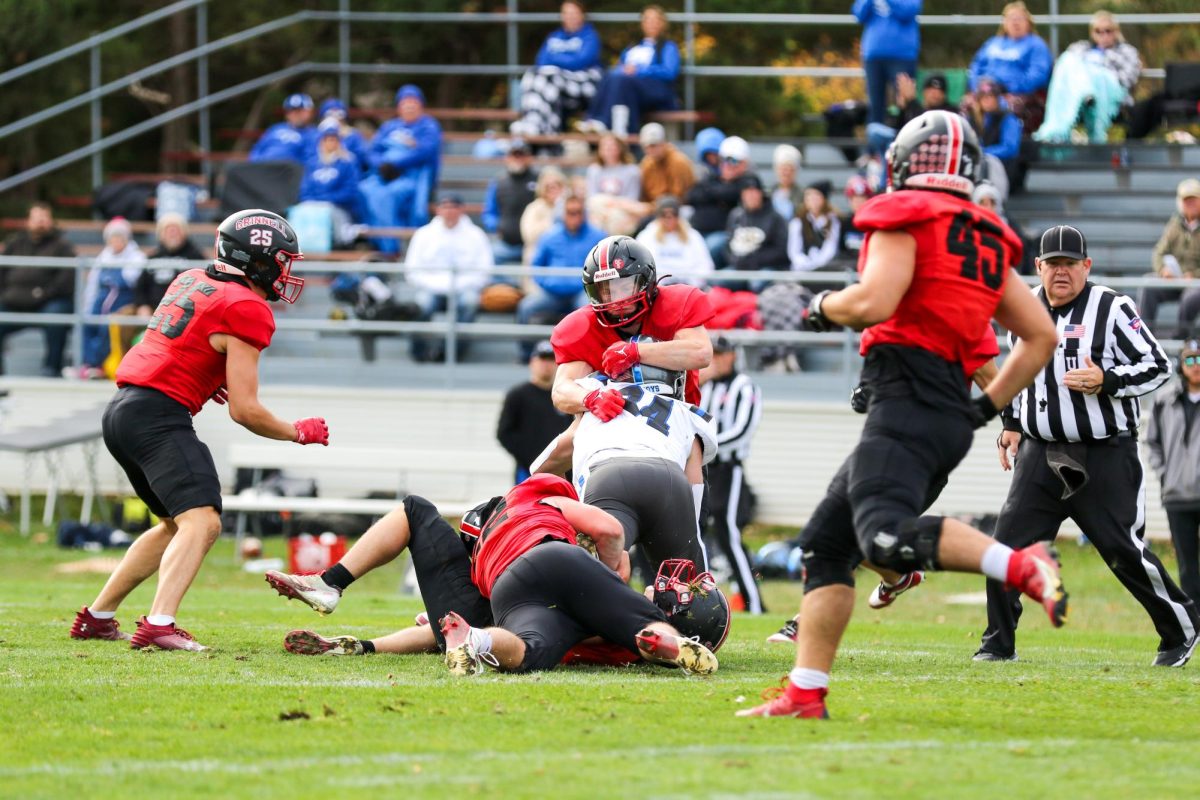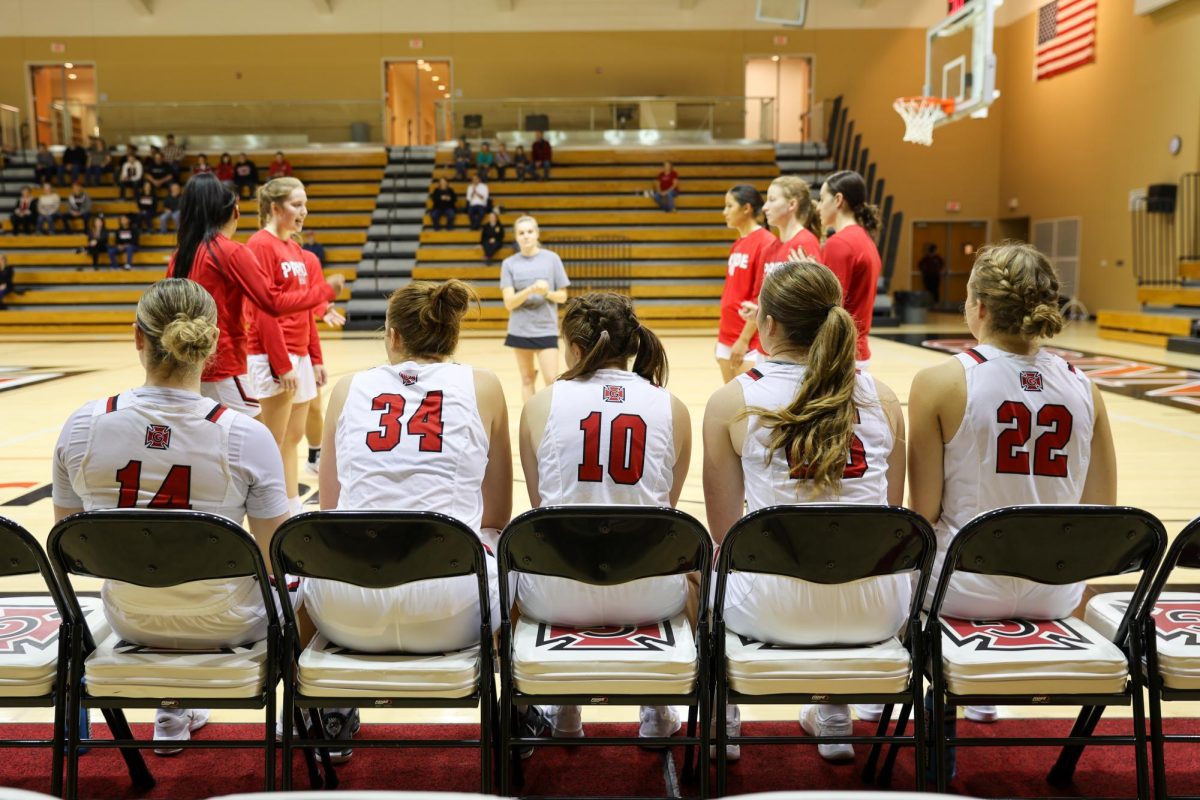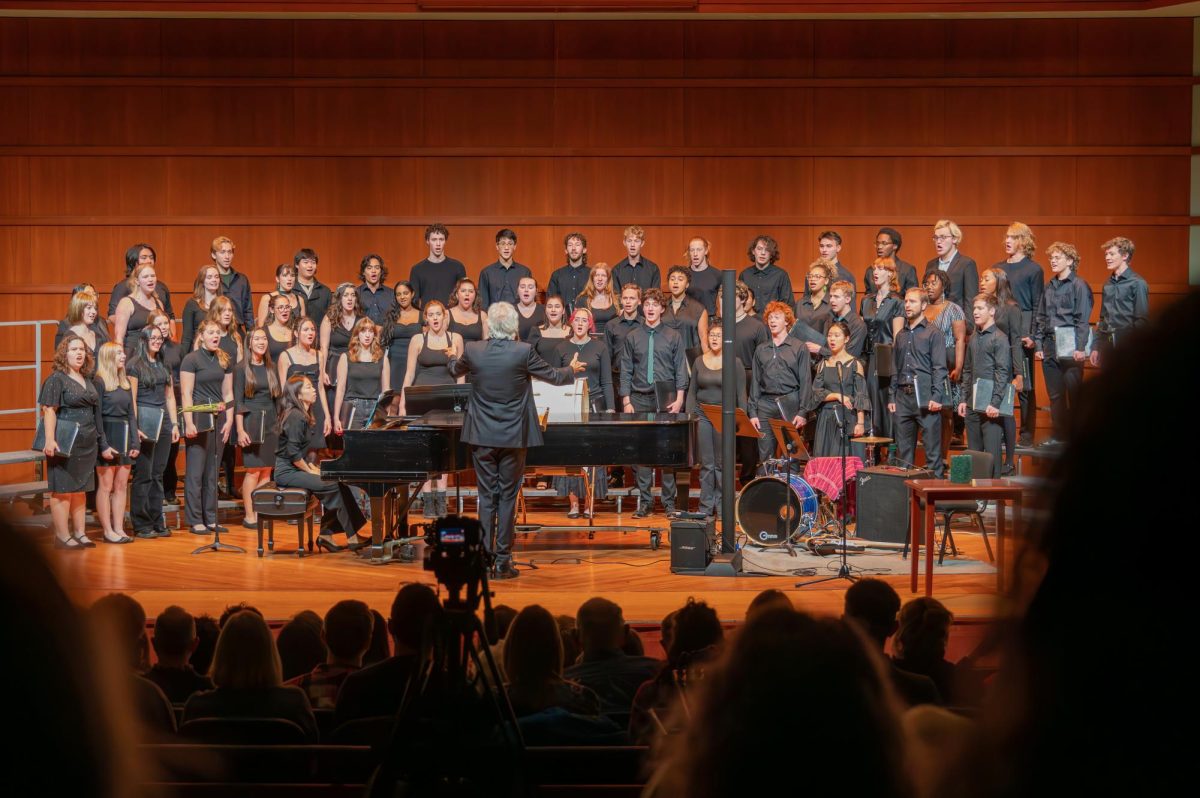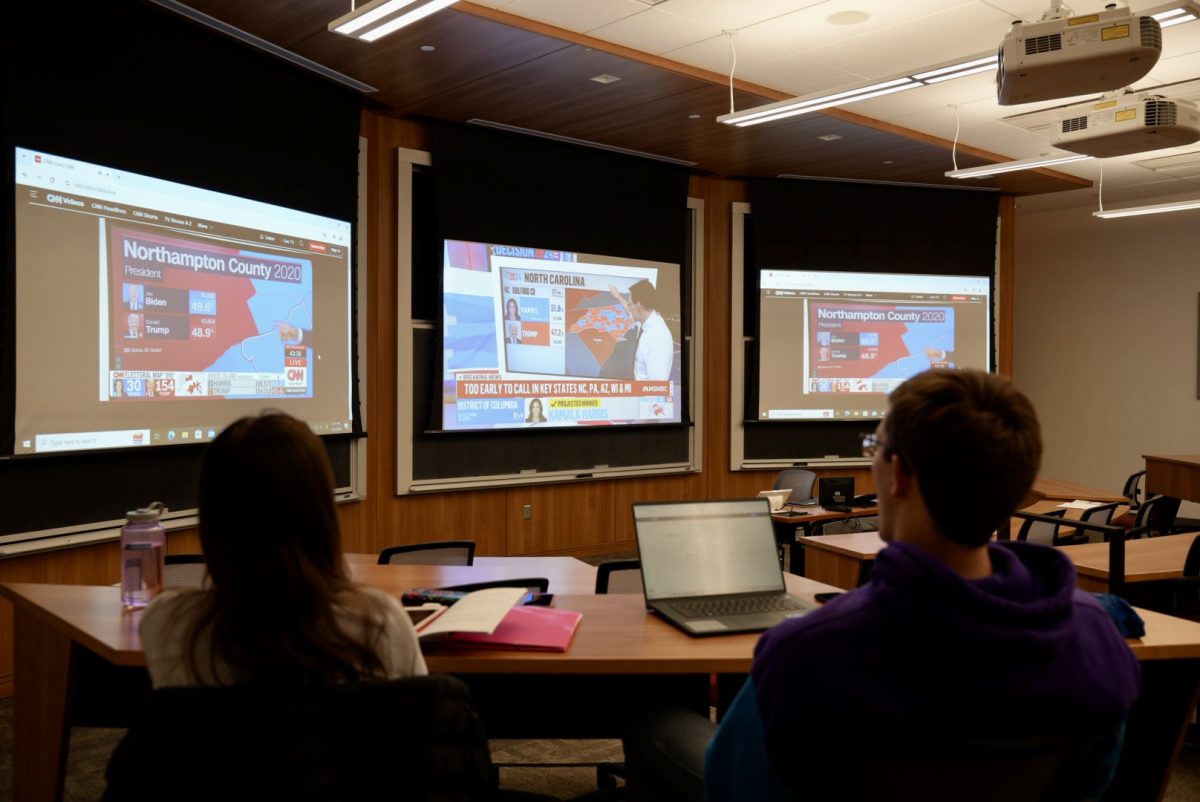Grinnell College students maintain a strong and active presence on campus issues. One opportunity for this comes in the form of student initiatives, a popular outlet where students can suggest ideas to the Student Government Association (SGA) for different activities, installations and organizations that they feel will better the campus.
Ethan Heppner ’10.5, creator of this semester’s “Environmental Lending Library” initiative, which passed, discussed the relatively straightforward process of submitting student initiatives.
The structure of an initiative contains three components.
“The background, the proposal itself, and the plan of action of how you would make it come about. After that, you have to collect 100 signatures,” Heppner said.
Once signatures are collected and proposals solidified, students submit initiatives to Student Government Association (SGA). The then SGA reviews the idea, provides feedback, and allows time for revisions. Finally, the student body is able to vote on the different proposals.
“The important thing is that at least 50 percent of Grinnell’s student body have to vote on the election, and twice as many people have to approve of the idea than disapprove,” Heppner said. “To pass an initiative, you need a two-thirds majority vote.”
If the initiative is approved, SGA Student Initiative Fund Committee (STIFund) and the authors of the initiative work to enact it, according to the plan of action.
“You have to follow through on the initiative,” Heppner said. “You have to be prepared to do the work in bringing about the initiative yourself. Sometimes that’s just as simple as a conversation with an administrator, but usually an author has to include some sort of budget and a long-range plan of action, especially if you’re changing some sort of long standing policy.”
In the past, student initiatives have transcended many different aspects of student life, including the swing-set and tetherball poles around campus, as well as a number of revisions in dining hall policies. This semester is no exception. Potential initiatives cover a wide array of topics, from the addition of a “multicultural” tree in the Laurel Leaf Lounge to changing the name of Park Street on the grounds that parking on Park Street is illegal to the use of sheep from local farmers to graze on campus, all of which failed. Other initiatived proposed to purchase kegerators for Lyle’s Pub, mowing the campus grass less frequently, turning the Main Quad into a reading room and more funds for Campus Bikes, all of which passed.
Though some initiatives maintain a narrower focus, others are applicable to most of the student body. One such initiative calls for higher Internet bandwidth throughout campus, which passed. Reed Nightingale ’11, an author of the proposal, was upset by the speed of Internet access is on campus.
“[My friends and I have] had personal complaints about the slow internet on campus, as well as having had other people come up to us and say, ‘Why is our internet slow?’” Nightingale said. “Just from that frustration over the years, we decided that we wanted to do something about it.”
While each semester promises a diverse assortment of proposals, this fall’s initiatives prove unique in the unusually high number submitted. Derek Farnam ’13, Chair of SGA Election Board and member of the Student Initiatives Funding Committee, attributed the high number to encouragement by peers.
“One reason why we had more initiatives this semester is because we were actively campaigning to get people to submit them.” Farnam said. “We were tabling outside of the dining hall before the due date and there was also a group that was coordinating between different environmental groups to coordinate possible environmental initiatives.”
Heppner played a critical roll in emphasizing environmentally-focused initiatives.
“It’s just something that—because of the particularly large funds STIFund has this year—was a realization that I had, along with members of the SGA and environmental groups,” Heppner said. “We could use this for the benefit of the school, and engage more people in environmentalism and also just bring the groups together to work on a meaningful project.”
As evidenced by the passage of well over half the 23 initiatves submitted, it is clear that the inclusionary process of student initiatives is one that encourages discussion and growth throughout campus.
- List of Student Initiatives:
Pass:
Recycling Student Initiative
REFRIDGERATE US
Mow Less Initiative
Ratify the President’s Climate Commitment
Campus Bikes
Floor Condoms for Student Staff
Gender-Neutral Bathrooms in Academic Buildings
Fix the Fireplace in the Laurel Leaf Lounge
Expansion of Hot Tub Privileges!
An “Environmental Lending Library”
If the Boot Fits …
Fix the Email Login Screen
Provide Free HPV Vaccination
SAD Light Box Initiative
A Faster, Freer Internet
Co-Curricular
Kegerators for Lyle’s Pub
Quad Reading Room
Fail:
SHEEPZ
Increase Native Plantings on Campus
Multicultural Evergreen
Bring Compost Bins to Dorms!

